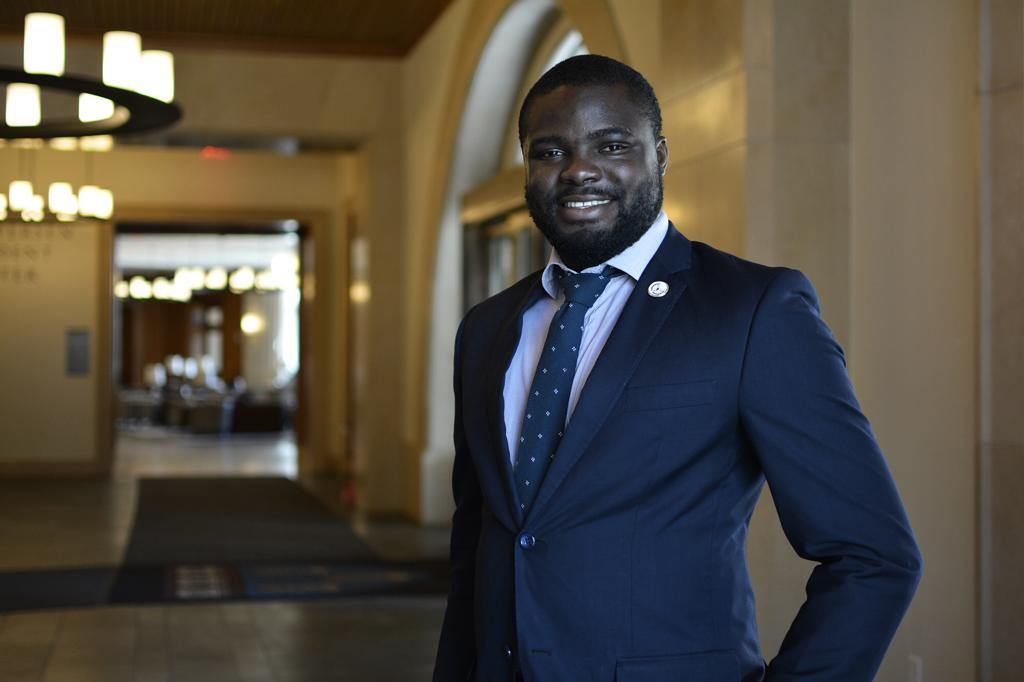
Courtesy
The Nigerian startup hoping to solve Israel’s tech-worker shortage
The war in Ukraine has shown how Israel’s high-tech industry relies on foreign workers — and how many more are needed. African coders hope to meet that need
A few days ago, Yuval Moed, the CEO of an Israel-based tech company, received a WhatsApp message from an employee of his in Ukraine.
“Guys, today I have an air raid alert in my city almost all day, so...



